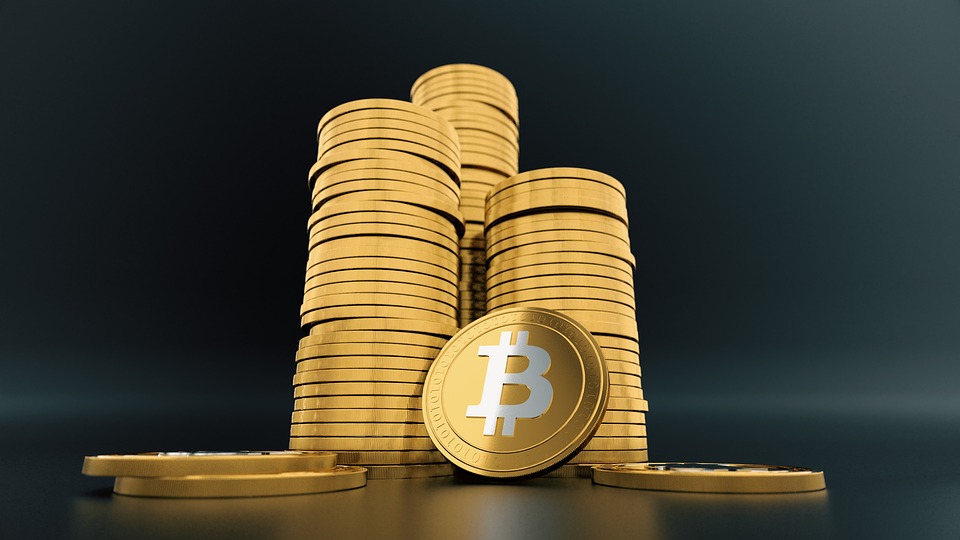Join Our Telegram channel to stay up to date on breaking news coverage
Nothing lasts forever, and the same rule applies to cryptocurrency. Nearly 80 percent of bitcoins have already been mined, which means a mere one-fifth of the set supply is left for the taking, and many are wondering what that means for the world of crypto.
Also read: China Intensifies Crypto Trading Squeeze on ‘Exchange-Like Services’
Join the Bitsonline Telegram channel to get the latest Bitcoin, cryptocurrency, and tech news updates: https://t.me/bitsonline
Don’t Stress Out Just Yet
The good news is that bitcoins are going to be extremely difficult to mine over time, meaning there’s another century of bitcoin mining to look forward to. But the issue involving bitcoin’s growing scarcity leads to a sort of two-sided situation that warrants attention and caution from enthusiasts.
On one hand, bitcoin’s value is slated to rise through the roof as its circulation decreases. Something rare naturally grows in value when compared to something common and enjoying widespread usage.
To this end, digital currency writer Jamie Redman notes:
“In most cases, when an asset is limited, and resources are harder to come by, the supply causes demand for the market. The supply of bitcoin shows a significant gap between how many there are, and those who want to obtain some. A great majority of bitcoiners believe digital scarcity will make bitcoin more valuable over time.”
Regulation – Something to Sweat Over?
But at the same time, there’s the issue of regulation, and its growing threats to bitcoin’s stance as an independent currency. As bitcoin’s rarity swells, the danger of regulation seems to swell with it.
Despite its rise to power and increasing acceptance among the public, bitcoin is constantly under scrutiny from government or financial authorities who seek to either ban it, or place it under limiting conditions, attempting to render its initial purpose and potential to become even more valuable obsolete.
The latest attack comes from France and its finance minister Bruno Le Maire, who has recently suggested some stringent domestic regulations are on the way. A former central bank chief in the nation is now allegedly drafting new rules for the monitoring of bitcoin, ether, and other cryptocurrency transactions to potentially stop their use in financial crimes.
Crypto-Fans Won’t Go Down Without a Fight
Though this seems like a major step in the wrong direction, Maire is presently facing opposition from figures like Joachim Wuermeling, a ranking member of Germany’s Bundesbank, and enthusiasts are hoping Wuermeling (and similar figures) can place a few obstacles in France’s way.
Wuermeling believes digital coins now rank as global currencies, as they are used all over the world in multiple nations. He suggests that the kind of regulation Maire is proposing would be very difficult to implement.
“Effective regulation of virtual currencies would only be achievable through the greatest possible international cooperation,” Wuermeling explains. He doesn’t believe this is likely to occur, as the “regulatory power of nation states is obviously limited.”
A Few More Points
Additionally, some developing nations are likely to be more reliant on cryptocurrency than others, and may not willingly adhere to potential bans or rules that could make owning them difficulty.
Several nations, between Estonia, Russia, Venezuela, and now Kazakhstan are even looking to issue national digital currencies of their own after realizing the potential blockchain technology can bring to the table.
So, while global bitcoin availability will die down in the next century, the platforms supporting cryptocurrencies and their respective technologies are likely to proliferate. So while bitcoin itself becomes scarcer and scarcer, cryptos themselves will become more and more ubiquitous in our society.
The implications of this dynamic are open for
Join Our Telegram channel to stay up to date on breaking news coverage


